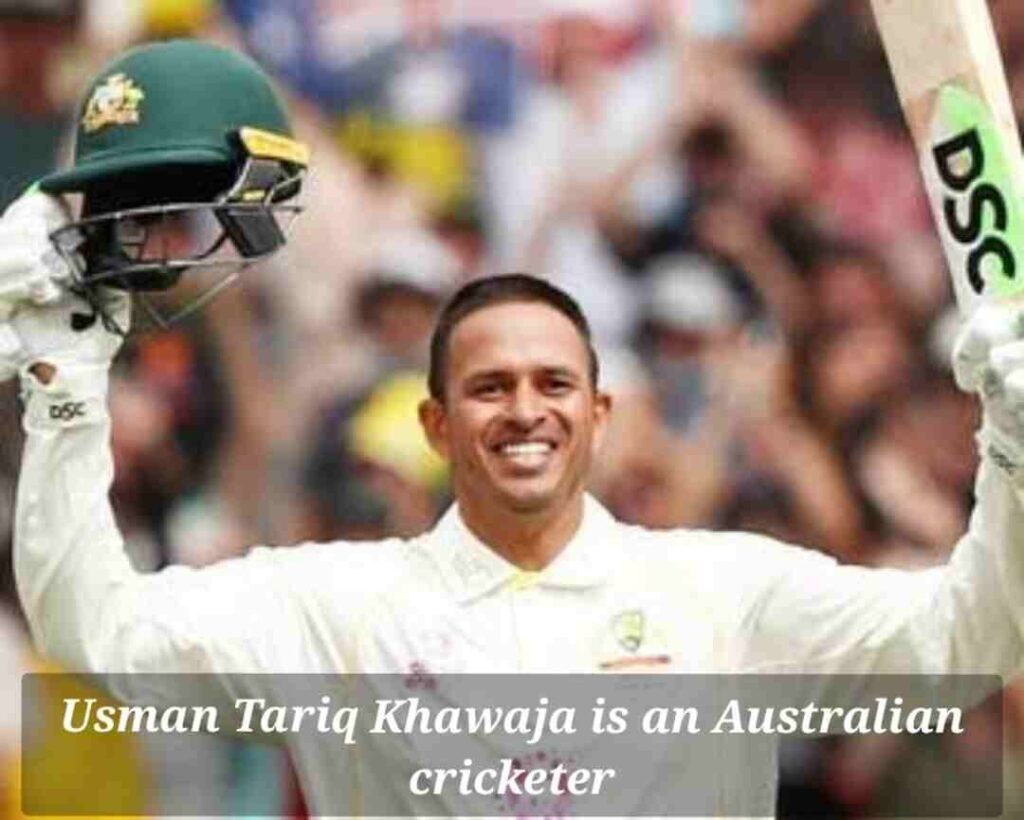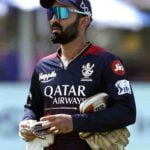
Controversy erupts once again as the International Cricket Council (ICC) comes under fire for reprimanding Australian cricketer Usman Khawaja for displaying a ‘peace symbol’ on his shoes and bat, in support of human rights during the training session at Melbourne Cricket Ground against Pakistan.
Khawaja, a Pakistan-born Australian batsman, was frequently denied by the ICC body for wearing the shoes, with the messages “all lives are equal” and “freedom is a human right” for the first Test match in Perth. However, the batter received a reprimand from the ICC for wearing the black armband throughout the game. This latest incident has reignited the debate about the ICC’s neutrality and its stifling of players’ individual voices on critical issues.
On the fourth day of the Perth Test, the seasoned opening batter wore a black armband in an apparently subdued attempt to raise awareness of more general human rights issues. But the International Cricket Council (ICC) said it was against its rules to wear “personal, religious, or political messages” on your uniform. Even after Khawaja clarified that the armband was for a “personal cause,” the ICC formally warned Khawaja, which annoyed cricket players and fans alike.
Social media platforms have been flooded with reactions, with numerous fans and former players questioning the ICC’s priorities. Many accused the governing body of prioritizing corporate sponsorships and political neutrality over basic human rights values. The hashtag #IStandWithKhawaja trended globally, highlighting the public’s unwavering support for the cricketer’s stance.
“The ICC needs to get its priorities straight,” tweeted former Aussie spinner Shane Warne. “Human rights are not political, they’re fundamental. Khawaja should be applauded, not reprimanded, for taking a stand.”
Others pointed to the inconsistency in the ICC’s policy, citing instances where players were allowed to display messages in support of commercial brands or personal achievements. “Where’s the line?” asked renowned commentator Harsha Bhogle. “If wearing shoes promoting equality is banned, but sponsor logos are allowed, it’s hypocrisy, plain and simple.”
The Australian Cricketers’ Association (ACA) weighed in, expressing concern over the ICC’s decision and pledging to support Khawaja. “We understand the ICC’s regulations, but the players also have a right to express themselves on important issues,” said ACA president Greg Dyer. “We’ll be working with the ICC to find a solution that respects both player rights and the game’s regulations.”
The Khawaja controversy has exposed a glaring gap between the ICC’s stringent regulations and the growing desire among players and fans for greater freedom of expression on social issues. With pressure mounting, the ICC might face a crucial decision – to loosen its grip and allow players to voice their concerns or risk further alienating its stakeholders.
The coming weeks will be crucial as the ICC navigates this sensitive issue. Finding a balance between upholding their regulations and respecting players’ individual rights will be a delicate task, but one that the governing body cannot afford to ignore. The eyes of the cricketing world are watching, and the ICC’s next move will determine whether it chooses to remain a silent bystander or join the fight for a more just and equitable world.


